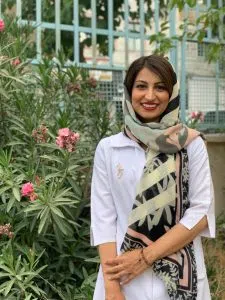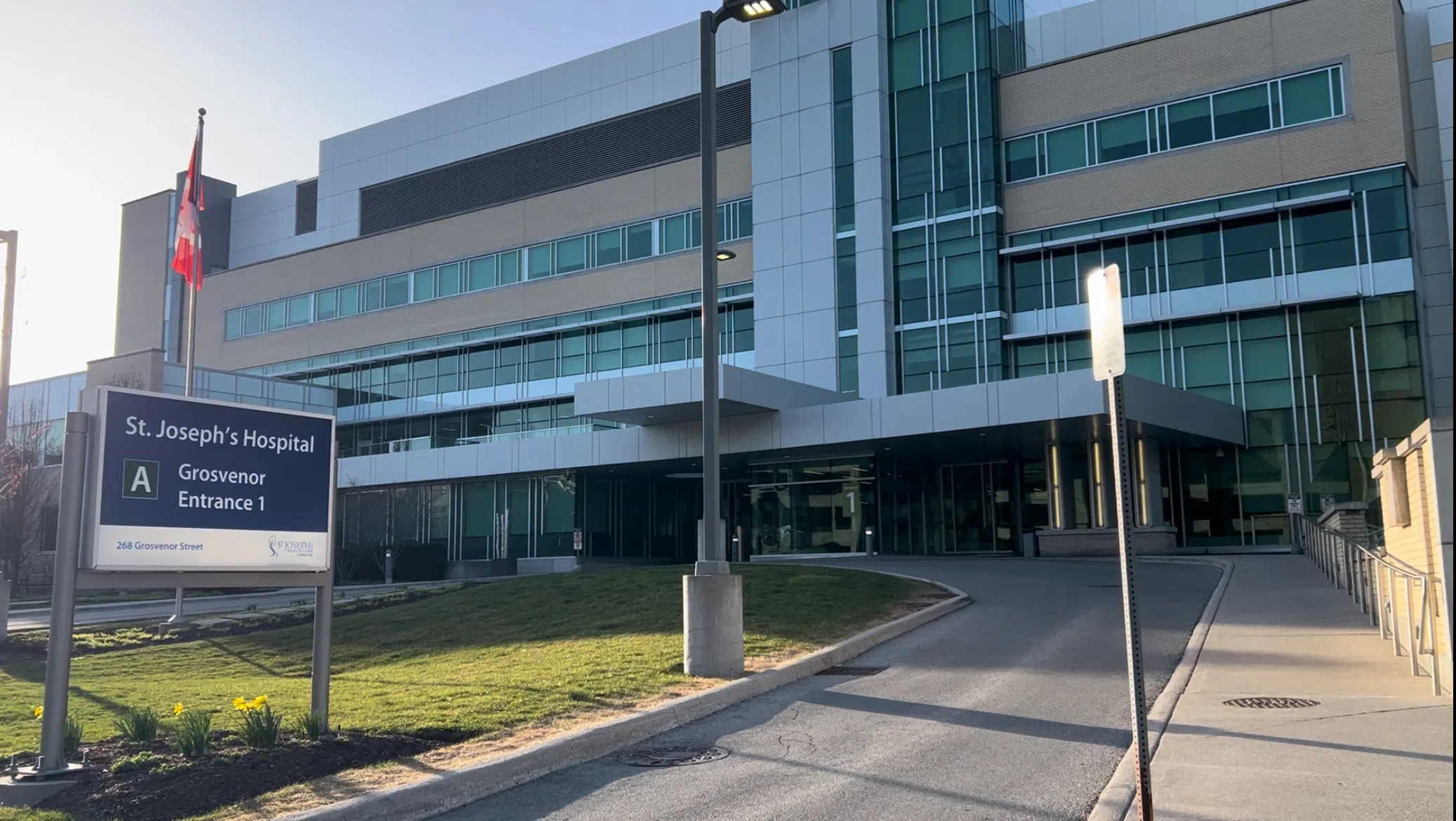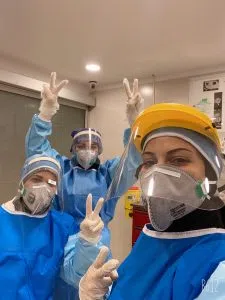According to the Ontario Medical Association, 2.3 million people in Ontario are without a family doctor, and they expect this number to nearly double in the next two years. They say if this shortage of doctors is not addressed, the healthcare crisis will worsen.
Skilled immigration offers solutions for job shortages in many fields, but for foreign doctors moving to Canada, there are obstacles that some international medical graduates say are too difficult to overcome.
“It actually takes five to ten years to get to practice eventually, and sometimes people feel so frustrated that they just leave—they don’t want to become a doctor anymore,” says Shabnoor Abdullateef, a fully-trained medical doctor from Iran.

Shabnoor Abdullateef was a medical doctor in Iran, before moving to Canada. (credit: Shabnoor Abdullateef)
Abdullateef graduated from the Iran University of Medical Science in 2017 and did her residency in radiology. Amid rising political tensions in Iran, she decided to move to Canada, where she hoped to become licensed to practice medicine again.
She realized, however, that the process would simply be too difficult, expensive and time-consuming. Not only do foreign doctors need to do another residency, but also multiple stages of examinations, which she describes as some of the hardest medical examinations in the world. They are also costly—the National Assessment Collaboration (NAC) exam for international medical graduates costs $3,255, which is far more than the exam fees for domestic graduates.
Apart from the examinations, she says residency candidates need to have permanent residency, a process which can take years.
“The thing about PR is, when you put yourself in the express-entry pool, it takes one year and a half, two years, almost three years sometimes, and it will be very expensive.”
The challenges are not over there, she says.
“If you’re fortunate enough to get PR, even if you get a perfect score on your examinations as well, you need your references,” she says. “You need to know doctors in Canada.”
“Whatever you do, it doesn’t matter how prepared you are—something, somewhere, is a big no for you.”
Abdullateef questions the need for some of these obstacles, especially the requirement for PR, which she says is not the same in other western countries, like Germany, for example.
“They accept our degrees. They give you PR and passports after years of living there, but they let you start right away. If you know the German language well enough, and if you are actually qualified, they’ll let you practice.”
The Medical Council of Canada (MCC) is one of the organizations responsible for evaluating foreign medical qualifications. They say they acknowledge the crucial role played by international medical graduates in the Canadian healthcare system. They believe, however, that the obstacles Abdullateef talks about are necessary.
“With respect to MCC assessments and their costs, we adhere to best practice-based processes, out of fairness to candidates—past, present, and future,” they say, “and especially to continue to ensure that we fulfill our mandate to assure patients that their doctors, wherever they are in Canada and whatever their specialty, meet the same high-level and consistent standards.”
Abdullateef also thinks this is mostly reasonable.
“I can totally understand the mindset behind the hard examinations,” she says. “You can throw any barrier, qualification-wise, at me. I will pass that, and then just let me practice. I think having PR is a very unnecessary barrier, and maybe reducing the cost can help us achieve our goals.”
In the meantime, Abdullateef is studying Healthcare Administration at Fanshawe College and working in an optometrist’s office, but she says it does make her sad that she can’t practice anymore.
“It was my identity,” she says. “I put so much time into that, almost nine to ten years, and I’m actually good at it. That actually hurts me even more, because I know I can be helpful—I can help people.”









Comments